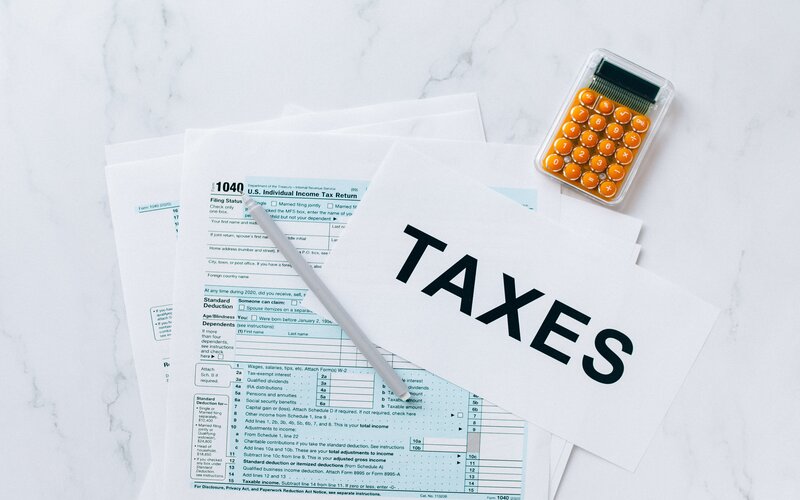Is SMSF Income Tax Free?
Understanding the Tax Implications of a Self-Managed Superannuation Fund (SMSF)
Introduction
Self-Managed Superannuation Funds (SMSFs) have gained popularity as a retirement savings vehicle in recent years, offering individuals greater control over their investments and retirement planning. However, one common misconception is that SMSF income is entirely tax-free. In this article, we will explore the tax implications of SMSFs and clarify the extent to which SMSF income is indeed tax-free.

The Tax Benefits of SMSFs
1. Concessional Tax Rates
SMSFs enjoy several tax benefits that can make them an attractive option for retirement savings. These benefits include:
- Concessional Tax Rates: SMSFs are subject to concessional tax rates. Contributions to an SMSF are typically taxed at a rate of 15% when they enter the fund. Investment income generated within the SMSF is also taxed at this rate, which is significantly lower than the marginal tax rates that individuals may face.
- Tax-Free Pensions: When SMSF members reach the age of retirement, they can start receiving tax-free pensions from their SMSF. This means that the income generated from investments within the fund is not subject to income tax when paid as a pension.
2. Capital Gains Tax (CGT) Concessions
- Capital Gains Tax (CGT) Concessions: SMSFs are eligible for CGT concessions that can reduce the tax payable on capital gains. If an asset held within an SMSF is sold after being held for at least one year, the fund may be entitled to a one-third discount on the capital gain. For assets held for at least 15 years, the fund can claim a full CGT exemption.
Taxable Components of SMSF Income
While SMSFs do offer tax benefits, it’s important to note that not all aspects of SMSF income are tax-free. Some components of SMSF income are subject to taxation:
1. Contributions
- Contribution Tax: As mentioned earlier, contributions made to an SMSF are taxed at a rate of 15% upon entry into the fund. This tax is deducted from the contributions made by the fund members. However, these contributions are taxed at a lower rate than the individual’s marginal tax rate, making it a tax-effective way to build retirement savings.
2. Investment Income
- Tax on Investment Income: Income earned from investments within an SMSF, such as dividends, interest, and rental income, is generally taxed at the concessional rate of 15%. It’s important to keep in mind that this tax applies to income generated within the fund, not the contributions themselves.
3. Withdrawals and Pensions
- Tax-Free Pensions: When a member of an SMSF begins to receive a pension from the fund, the income generated from the fund’s investments is typically tax-free. However, the age at which a pension can be received tax-free may vary, depending on the member’s age.
- Lump Sum Withdrawals: In certain cases, lump sum withdrawals from an SMSF may be subject to tax, especially if the member is under the preservation age. It’s essential to understand the tax implications associated with lump sum withdrawals.
Strategies to Minimize Tax in SMSFs
1. Diversification
- Diversification: Diversifying your SMSF investments can help manage tax liabilities. By investing in a mix of asset classes, you can potentially reduce the impact of any single investment’s tax treatment.
2. Contribution Strategies
- Contribution Strategies: Careful planning of contributions can be beneficial in managing tax in your SMSF. For example, making concessional contributions when you are in a lower tax bracket can be a tax-efficient strategy.
3. Seek Professional Advice
- Seek Professional Advice: Given the complexity of tax regulations and the potential tax implications, it’s advisable to consult a qualified financial advisor or tax professional when managing your SMSF. They can provide personalized guidance based on your unique financial situation.
Conclusion
In summary, SMSFs offer several tax benefits that make them an attractive option for retirement savings. While contributions and investment income are subject to concessional tax rates, the income received in the form of a pension from an SMSF is typically tax-free. Understanding the tax implications of SMSFs and employing tax-efficient strategies can help you make the most of your self-managed superannuation fund while legally minimizing tax liabilities. Always seek professional advice to ensure that your SMSF is structured and managed in a way that aligns with your financial goals and complies with tax regulations.



